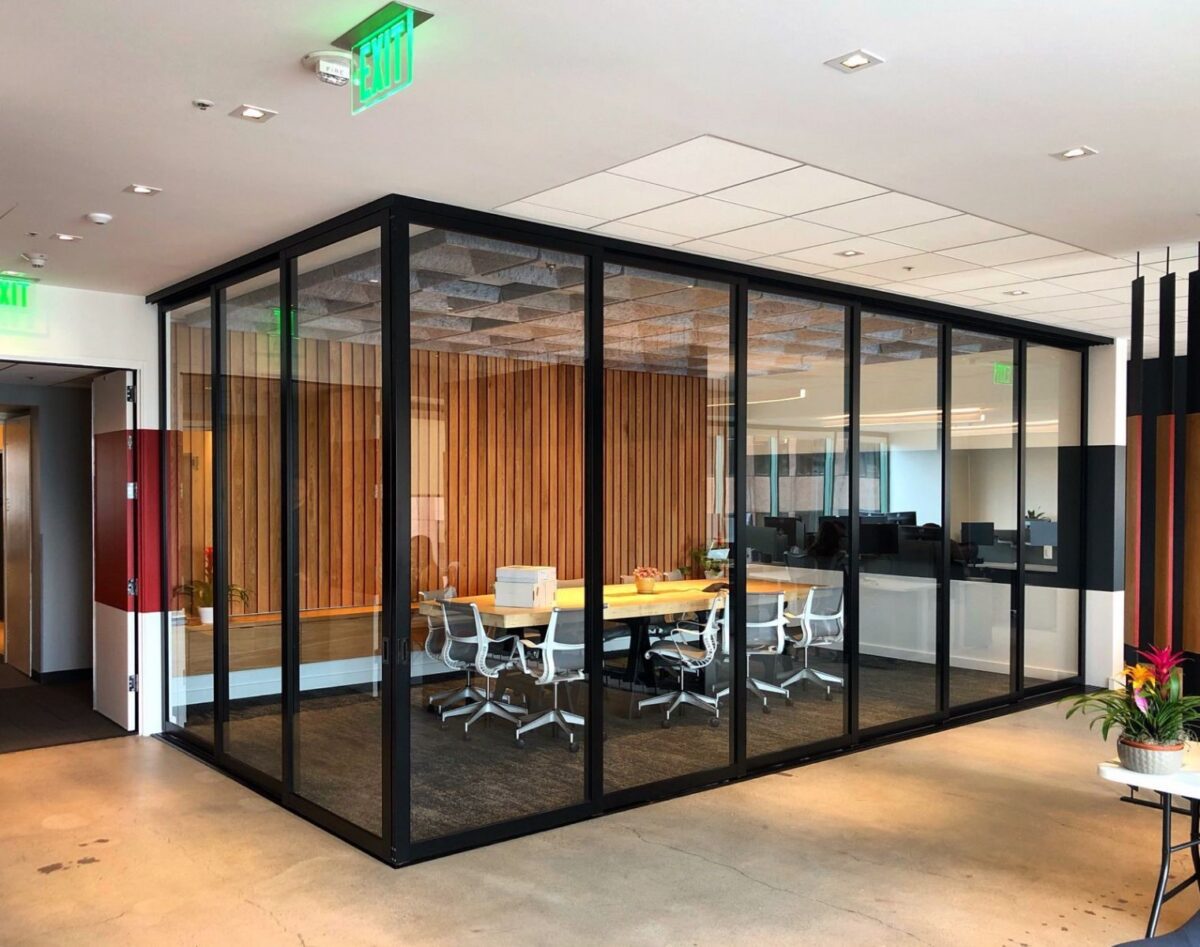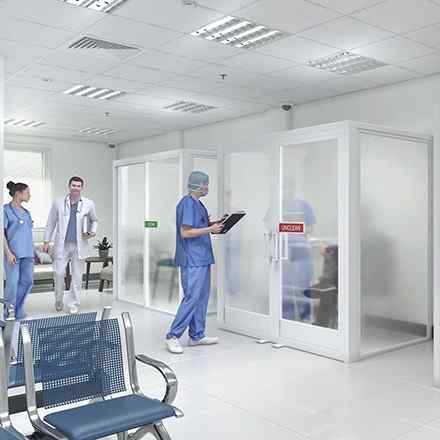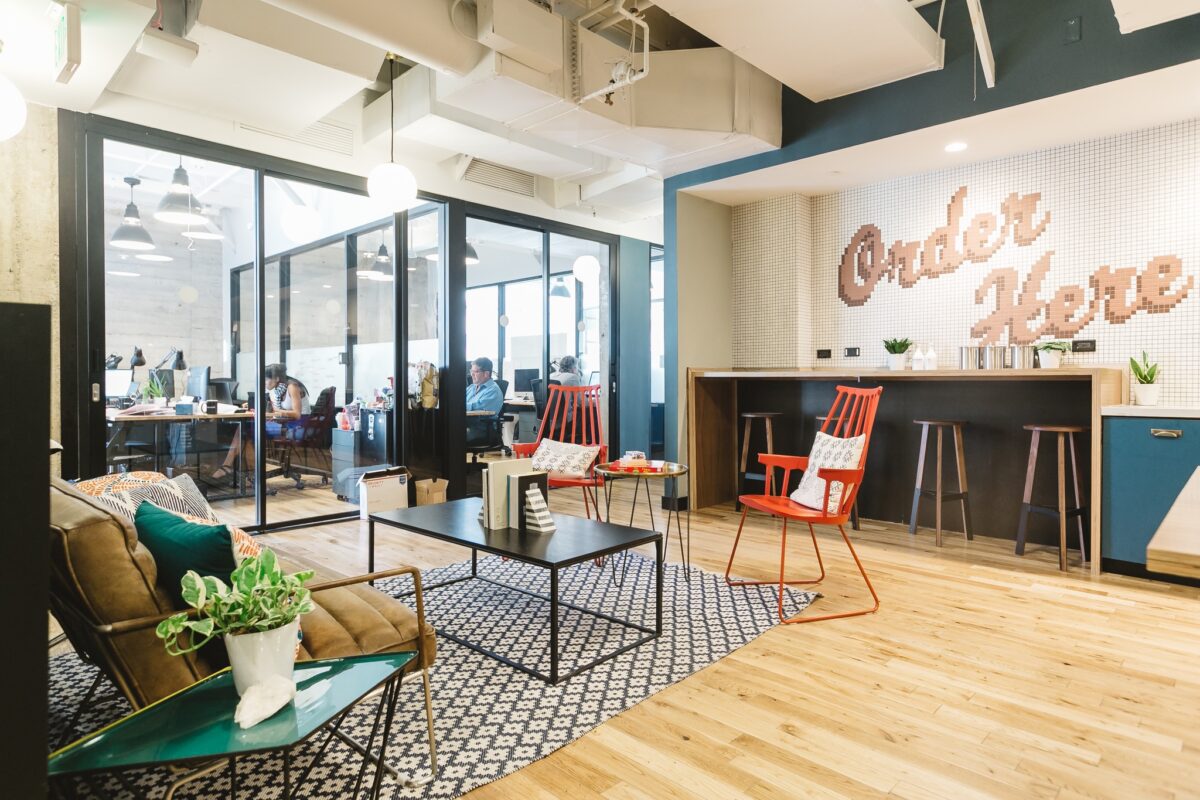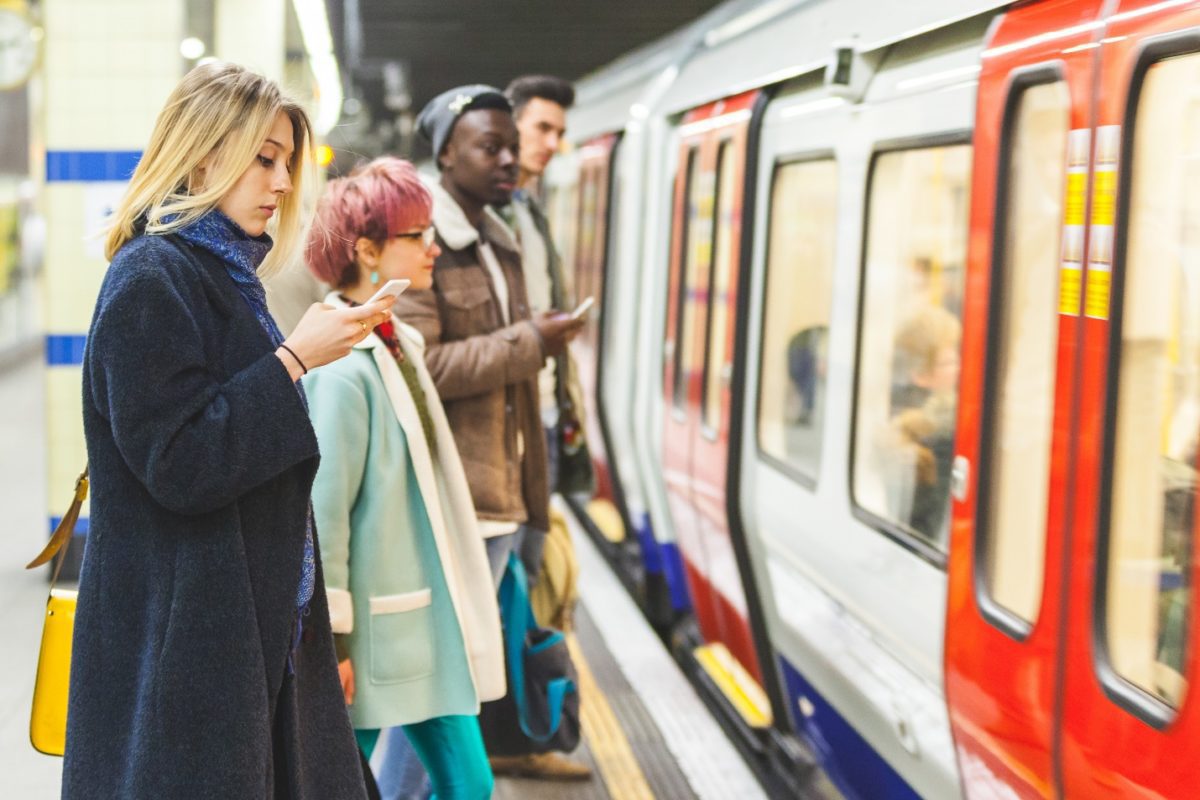Working on the go is a fixture of modern life. We’re no longer limited to 9 to 5 desk jobs. Ultra-compact laptops and tablets and wireless hotspots make it possible for people to work on public transport and turn an idle commute into productive time.
Now, countries like Indonesia and the Netherlands are incorporating coworking spaces into train stations to help commuters stay productive during layovers.
In Indonesia, the state-funded railway operator opens in a new windowprovides free coworking spaces with proof of boarding pass. In Europe, private companies like Seats2Meet take advantage of unused space in train stations, libraries, and even hospitals to create free coworking spaces for thousands of people.
But, there’s really no such thing as a free lunch. opens in a new windowPrivate companies make it work by allowing some members to pay with “social capital”—that is, the sharing of knowledge and expertise. These members support paying and non-paying members by offering up strategic advice in their area of expertise, and through beta testing. Other members pay a daily fee for seats in meeting rooms and private offices.
Coworking spaces have exploded in the U.S., too, although coworking spaces in public transport stations haven’t taken off quite yet. But some companies, like opens in a new windowWorkbar, have opened coworking spaces near subway stations.
Why People Love Coworking Spaces
Researchers from the University of Michigan who study what makes employees thrive conducted a comprehensive study on coworking spaces. They surveyed hundreds of workers from dozens of coworking spaces and found that people who use them:
- Feel their work is meaningful (because they tend to choose projects they care about)
- Feel more in control (because they have more autonomy and more control over their schedule)
- Feel like part of a community (because they’re able to make connections with others in the communal space)
Coworking spaces are good for worker satisfaction, morale, and productivity. Not surprisingly, this has gotten the attention of employers across the U.S., including giants like Google and Zappos, both of which are known to use coworking spaces.
The open-flow design of coworking spaces—with communal seating and interior glass partitions and glass doors in place of confining walls—give these spaces their visual appeal.
Coworking spaces are popping up across the U.S. and around the world. It’s likely only a matter of time before they’re incorporated into train stations, subway stations, and airports to accommodate the new mobile workforce.
Space Plus: Helping Companies Build Coworking Spaces
How, where, and when we work is changing, and coworking spaces are helping meet the demands of the new workforce.
Thinking about building a coworking space? Space Plus, a division of The Sliding Door Company, specializes in interior door solutions for commercial buildings and office spaces.
Our moveable wall panels and sliding glass doors are sleek and modern, constructed of the highest quality tempered or laminated glass. Our talented team will help you choose from a variety of glass partition designs, glass types, and frame finishes to create a functional, appealing coworking space.
View our gallery for inspiration and learn more about our glass partitions and sliding glass door solutions for office environments here.












